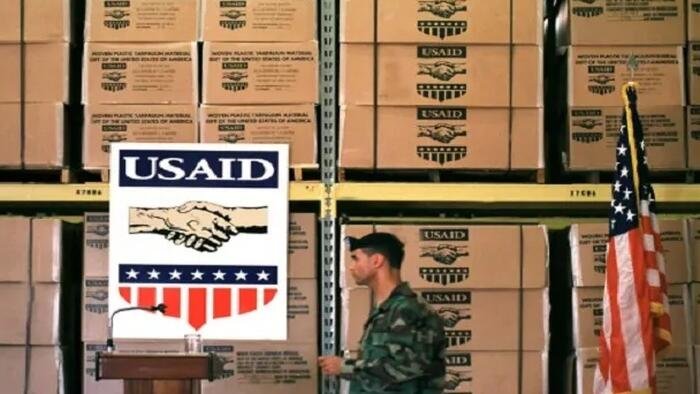Authored by Andrew Korybko via substack,
Here’s the full interview that I gave to Sputnik Brasil about USAID, excerpts of which were published in their report titled “’Arma principal da guerra híbrida’: o que muda na política externa dos EUA com o fim da USAID?”
1. How has USAID been used by the government of United States through the years to meddle in other countries, mainly Brazil and other countries from Latin America?
USAID is well-known for funding political programs under the guise of human rights and democracy to interfere in the internal affairs of the recipient country. This commonly involves funding movements, including media projects, to expose alleged corruption in Latin American states. The aim is to artificially create a grassroots opposition to incumbent governments through street protests and/or unexpected election results in order to bring about political change.
Some locals who participate in these foreign-funded political projects may later become advisors or even members of the more pro-American governments that replace the targeted ones. Therefore, USAID not only works to oust Latin American governments but also provides trained advisors and personnel for the succeeding administrations. This makes it a key tool of US Hybrid Warfare in the region.
2. Does the discontinuation of USAID signify the end of US interference in the domestic affairs of other countries? Will they simply change their approach instead?
New Secretary of State Marco Rubio has announced that he is the acting administrator of USAID during its extensive reforms.
In accordance with Trump’s Executive Order suspending foreign aid for 90 days, with the exception of emergency humanitarian aid, an evaluation is underway to assess their effectiveness and compliance with policy. Consequently, many programs related to socio-cultural issues such as LGBT rights are likely to be terminated, while funding for foreign media and the training of foreign political figures is expected to continue.
3. How do you view Trump’s choice to terminate USAID?
USAID may have served older American interests when it was first established, but it was co-opted by liberal-globalist ideologues to promote radical socio-cultural policies that do not align with the US’ national interests. There are numerous examples of absurd programs being funded, causing outrage among many Americans who are surprised to learn about the projects being supported, including domestic “NGOs” implementing them.
Ending USAID was necessary to implement the radical reforms envisioned by the Trump Administration, initially focusing on reducing government expenses through the Elon Musk-led “Department Of Government Efficiency” (DOGE) and subsequently realigning those that remain with policy. Many employees are staunch ideological opponents of Trump and his beliefs, so retaining them poses the risk of potential sabotage, as seen during his first term.
Essentially, Trump 2.0 began his term with a detailed plan to cleanse hostile elements from the US’ “deep state,” which encompasses its permanent military, intelligence, and diplomatic bureaucracies, with some including administrative and other entities as well. USAID played a significant role in the US’ power structure for decades prior to Trump’s second term, making its dismantling crucial for the success of his team’s foreign policy.
4. Some US politicians have condemned the Trump Administration’s reforms of federal agencies, expressing concerns about potential leaks of confidential information and labeling the overall situation as a “serious threat to national security.” What are they worried about? Is this indicative of USAID’s connection with the CIA as Musk recently mentioned?
Not all USAID employees and projects are linked to the CIA, but the CIA does occasionally utilize them to advance its objectives due to the ease with which their democracy and human rights cover allows US spies to infiltrate and destabilize foreign nations. Those criticizing Trump’s reforms are part of the US’ power structure who stand to lose from his and Musk’s efforts to expose irresponsible government spending and interference in foreign affairs.
While some concerns are valid, such as innocent USAID employees being suspected of espionage, the Trump Administration is willing to accept these risks in pursuit of its ambitious reform agenda. Purging USAID, the State Department, and the broader “deep state” is essential to prevent them from undermining Trump’s foreign policy for a second time, as he aims to revolutionize the US’ global relations.
Excerpts from this interview were featured in Sputnik Brasil’s report titled “‘Arma principal da guerra híbrida’: o que muda na política externa dos EUA com o fim da USAID?”
Loading…

